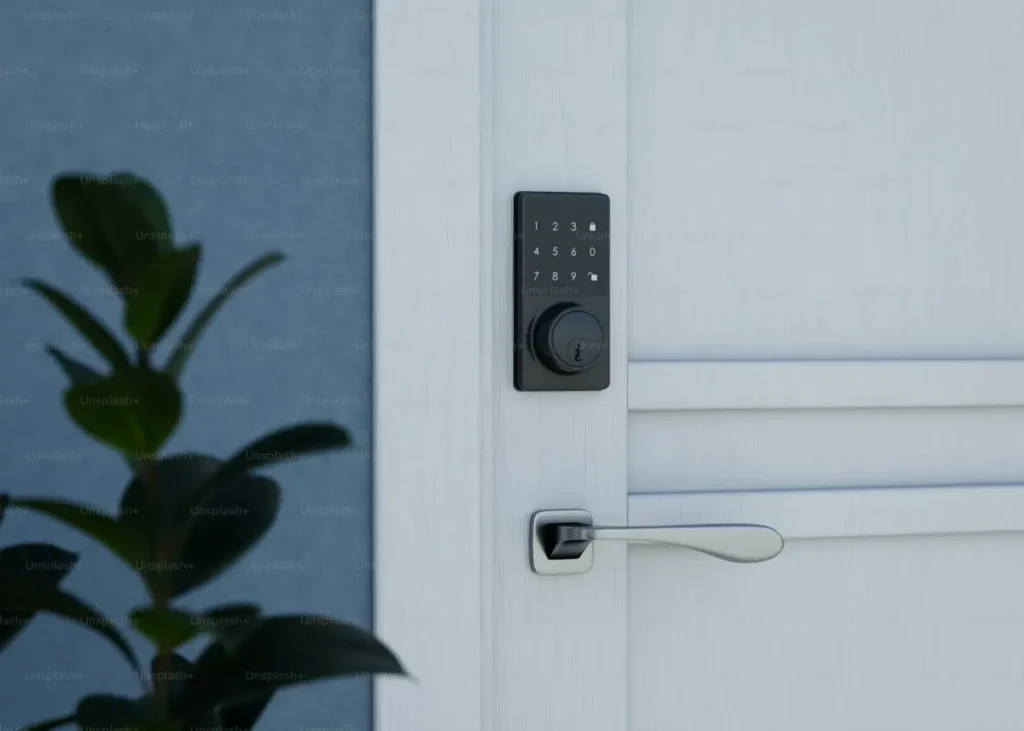Have you considered getting LASIK surgery to enhance your vision? Are you bored of wearing glasses or contact lenses? While LASIK can provide life-changing advantages, it is not a suitable solution for everyone. Choosing to get LASIK surgery is an important decision, and you should consider if it is the best option for your specific circumstances.
In this guide, we’ll provide valuable insights into LASIK surgery, helping you determine if it’s right for you. Suppose you’re thinking about correcting your vision with LASIK. In that case, it’s crucial to consult a skilled eye surgeon for LASIK to discuss your options and determine if this procedure will deliver the results you’re hoping for.
What is LASIK Surgery?
Laser-Assisted in Situ Keratomileusis, or LASIK, is a common surgical procedure used to treat refractive vision issues such as astigmatism, hyperopia, and nearsightedness. To improve vision, it reshapes the cornea, the transparent front surface of the eye, so that light entering the eye may be correctly directed onto the retina instead.
How LASIK Works
- Corneal Flap: The surgeon uses a laser or microkeratome to create a thin flap in the cornea.
- Reshaping the Cornea: The underlying corneal tissue is reshaped using an excimer laser to correct the refractive error.
- Flap Replacement: The corneal flap is then carefully repositioned to aid in healing.
LASIK surgery is typically done on an outpatient basis, and the recovery time is generally quick. Most patients notice improvements in their vision within hours of the procedure.
Who Are the Ideal Candidates for LASIK?
LASIK may not be suitable for everyone, so it’s important to understand the criteria for being a good candidate for this procedure.
1. Age and Health Requirements
- Age: LASIK is typically recommended for people between 18 and 40, as vision can still change during the early years of adulthood.
- Stable Vision: Your prescription should have been stable for at least a year before undergoing LASIK. If your vision continues to change, LASIK might not be effective.
2. Eye Health Considerations
- Corneal Thickness: LASIK requires enough corneal thickness to perform the procedure safely. People with thin corneas may not be candidates.
- Dry Eyes: If you suffer from chronic dry eye conditions, LASIK might exacerbate this issue. A comprehensive eye exam by your eye surgeon will determine if LASIK is viable.
3. General Health
Your overall health plays an important role in LASIK eligibility. If you have conditions such as autoimmune diseases or uncontrolled diabetes, your eye surgeon may recommend alternative treatments.
Risks and Side Effects of LASIK
Like any surgery, LASIK carries certain risks. It’s important to be aware of potential side effects, both short-term and long-term.
1. Common Short-Term Side Effects
- Dry Eyes: Many LASIK patients experience dry eyes, especially in the first few months after surgery. This condition can usually be managed with lubricating eye drops.
- Glare and Halos: Some patients notice glare or halos around lights, particularly at night. This is often temporary and resolves as the eyes heal.
2. Long-Term Risks
- Undercorrection or Overcorrection: In some cases, the cornea may be reshaped too much or too little, leading to the need for additional procedures or continued use of glasses or contacts.
- Vision Changes Over Time: While LASIK offers long-term vision correction, age-related changes, such as presbyopia (the need for reading glasses), may still occur.
Before deciding to undergo LASIK, it’s essential to have a detailed consultation with an eye surgeon to weigh the risks and benefits based on your individual situation.
The Benefits of LASIK Surgery
Despite the potential risks, LASIK offers many advantages for the right candidates, making it a popular choice for vision correction.
- Freedom from Glasses and Contacts
One of the most compelling reasons people choose LASIK is the freedom it provides from corrective eyewear. After the procedure, many patients no longer need glasses or contacts for daily activities.
- Quick Recovery
The recuperation period from LASIK is quite short in comparison to other forms of eye surgery. Within a day or two, most people may return to their regular activities with little discomfort.
- Long-Term Results
LASIK provides long-lasting results, with many patients enjoying improved vision for years without the need for further correction. While some may require touch-up procedures, LASIK is a highly effective long-term solution for vision correction.
How to Determine if LASIK is Right for You?
The first thing to do if you’re thinking about LASIK is to speak with a qualified eye surgeon. Your eye surgeon will assess the condition of your eyes, talk with you about your vision objectives, and suggest the best course of action during this appointment.
1. Comprehensive Eye Exam
Your surgeon will perform a thorough eye exam to assess your overall eye health, including checking your corneal thickness, pupil size, and refractive error. They’ll also ensure your prescription has remained stable for at least a year.
2. Alternative Options
If LASIK isn’t right for you, your eye surgeon may suggest alternative procedures such as PRK (Photorefractive Keratectomy) or implantable contact lenses. Each option has its own benefits and drawbacks, and your surgeon will help you decide which treatment is best for your vision.
3. Things to Expect Before, During, and After LASIK
Before LASIK
- Pre-Surgery Instructions: Before surgery, you’ll be advised to stop wearing contact lenses for a specific amount of time since they can change the curvature of your cornea.
- Arrangements: LASIK is usually performed on an outpatient basis, so you’ll need someone to drive you home after the procedure.
During LASIK
- The procedure is typically completed in about 15 minutes per eye. You’ll be awake during the surgery, but numbing eye drops will ensure you feel no pain.
After LASIK
- Post-Surgery Care: After surgery, you’ll need to rest for a few hours, and your doctor will provide you with eye drops to aid in the healing process. Most patients notice improved vision within hours, but complete healing can take several weeks.
- Follow-up Appointments: You’ll need a follow-up appointment to ensure your eyes heal properly and monitor the results.
Conclusion
LASIK surgery can be a transformative solution for many seeking to free themselves from glasses or contact lenses. However, it’s essential to ensure that LASIK is the right choice for you, considering your eye health and vision goals. The first step is to consult a skilled eye surgeon for LASIK who can guide you through the process, evaluate your suitability, and provide personalised recommendations.
If you’re ready to explore your options, The Vision Surgeon offers advanced LASIK procedures with a focus on precision and patient care. With years of experience and state-of-the-art technology, The Vision Surgeon is here to help you take the next step toward clearer, healthier vision.
Don’t wait to improve your vision. Schedule a consultation with The Vision Surgeon today and find out if LASIK is the right choice for you.






